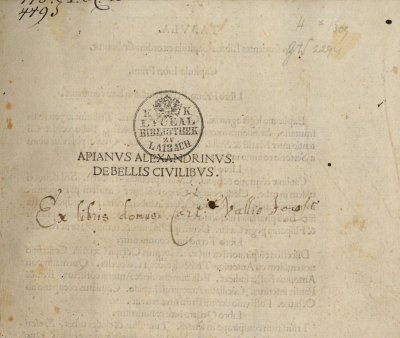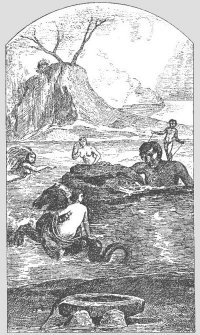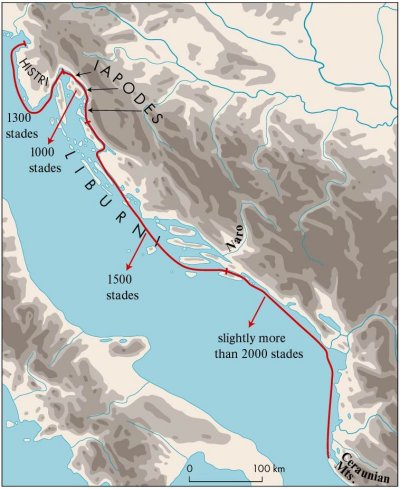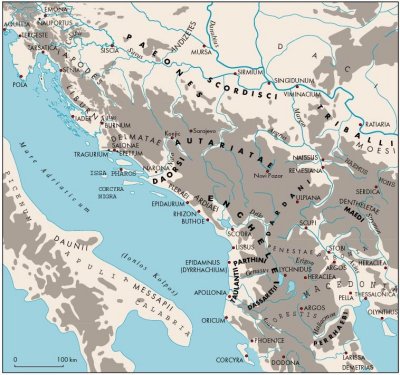 Institute of Archaeology Institute of Archaeology |
[Slovenian] |
| Home | Members | Programme | Projects | Laboratory |
| Database | Publications | Library | Links | Archive |
|
PROGRAMME: The long-term goal of the project is to collect and comment upon those passages in Greek and Latin writers which refer to the territory mentioned in the title. Since present-day Slovenian lands are part of these regions, collecting the pertinent sources and writing historical commentaries to accompany them is a priority in terms of ancient history of the present-day Slovenian territories. The results of this research, combined with archaeological, linguistic, numismatic, and other data, will contribute towards a better understanding of the history of these regions.
In the next years, Greek geographers will be studied, especially Pseudo -Scylax (4th century BC) and Strabo (the period of Augustus). With the collaboration of the University of Zadar a commentary to Strabo’s 7th book of his Geography will be prepared for print.
The project is part of the European Research Network “History and Archaeology of the Balkans”, directed by the University of Grenoble.
An important part of this research is Greek mythology, particularly the problem of how much historical reality is reflected in mythological stories. Some studies will be devoted to identifying reasons for which some mythical stories and legends had been created, and how they were later transformed. Contact:
<< Roman inscriptions of Slovenia |



